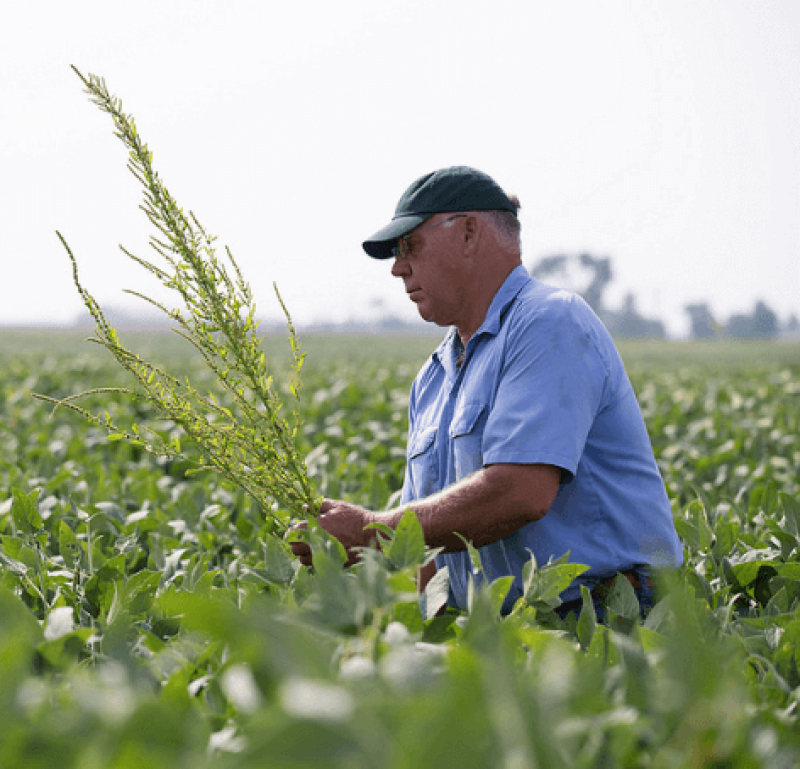The GLP aggregated and excerpted this blog/article to reflect the diversity of news, opinion and analysis.
Some of the costs of not using glyphosate would be financial. My own research has shown that glyphosate use in conjunction with a glyphosate resistant crop has significantly boosted net economic returns. . . .If we want farmers to make decisions that will negatively impact their own livelihood, then we need to figure out a financial incentive to make that happen. . . .
There will be social costs. . .too. At least for some crops, farmers would have to miss more of their children’s baseball and softball games because without glyphosate, weed control can become much more complex, labor intensive, and time consuming. . . .
And what about the environmental costs of reducing glyphosate use? One study estimates that using glyphosate herbicide in conjunction with glyphosate-resistant corn and soybean have prevented 41 billion lbs of CO2 from being released into the atmosphere between 1996 to 2013. Adoption of glyphosate-resistant soybean was recently estimated to have increased soil conservation tillage practices by 10, an notill adoption by 20%. . . . Is a reduction in glyphosate worth an increase in erosion and worsening climate change?. . . .
Because glyphosate breaks down quickly in the soil, farmers who spray glyphosate can rotate to any other crop the following year. . . . If we truly want to encourage crop diversity, then glyphosate use can be a powerful tool in allowing those diverse crop rotations. . . .
. . .[P]ublic interest in our food supply is a very good thing. . . . But if we. . . want large-scale changes in the way our food is grown. . . then we damn-well better engage farmers to find out why they make the decisions they do. We need to understand the trade-offs involved if we are to understand how to best implement the changes we want.
Read full, original post: Everything in Agriculture is a Trade-Off































